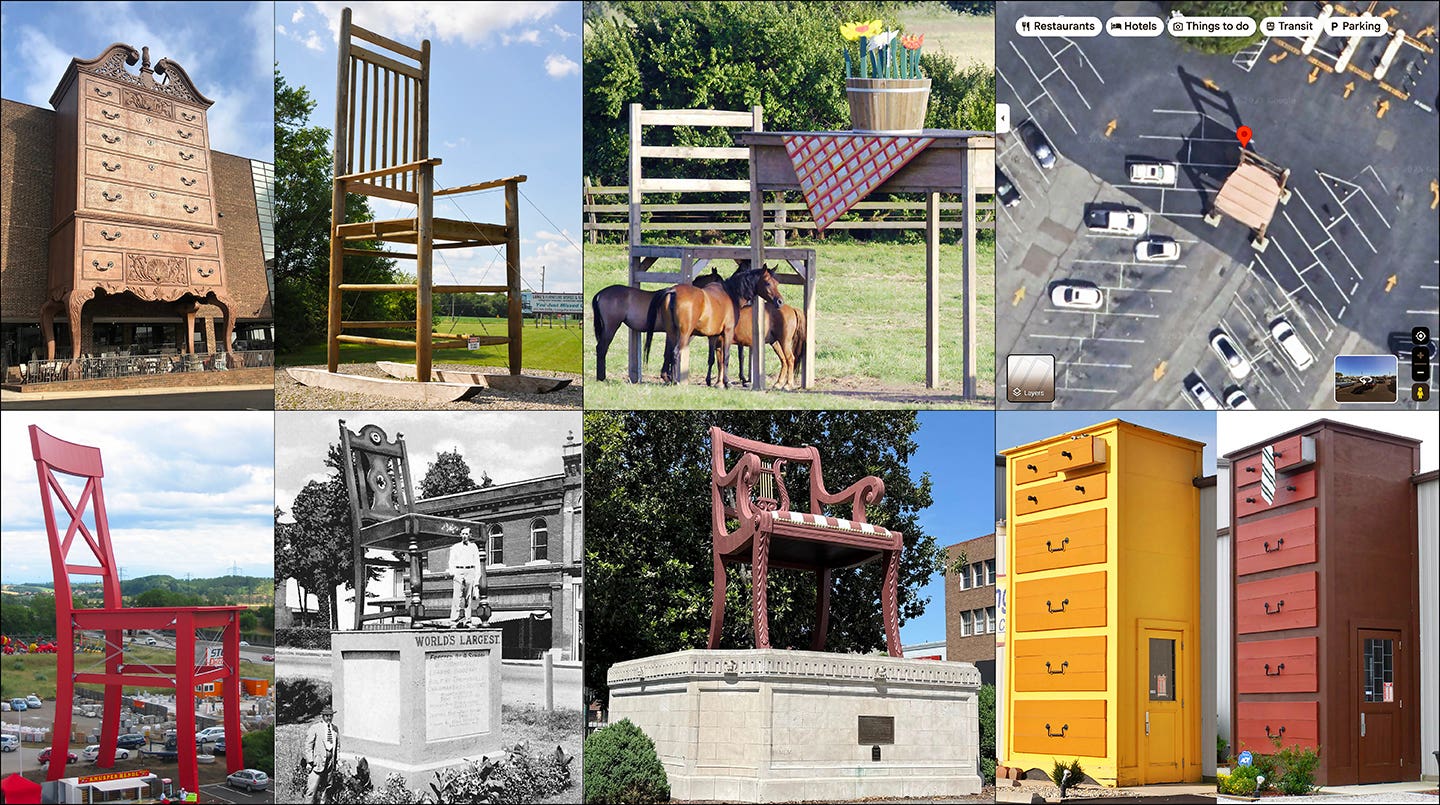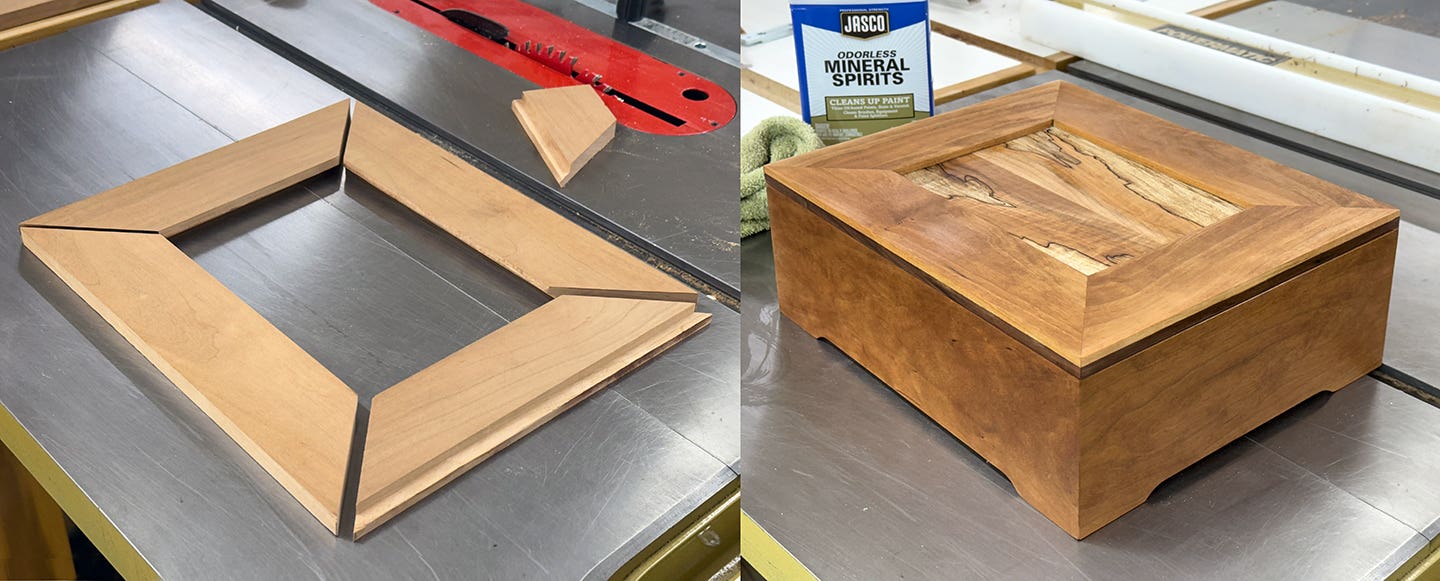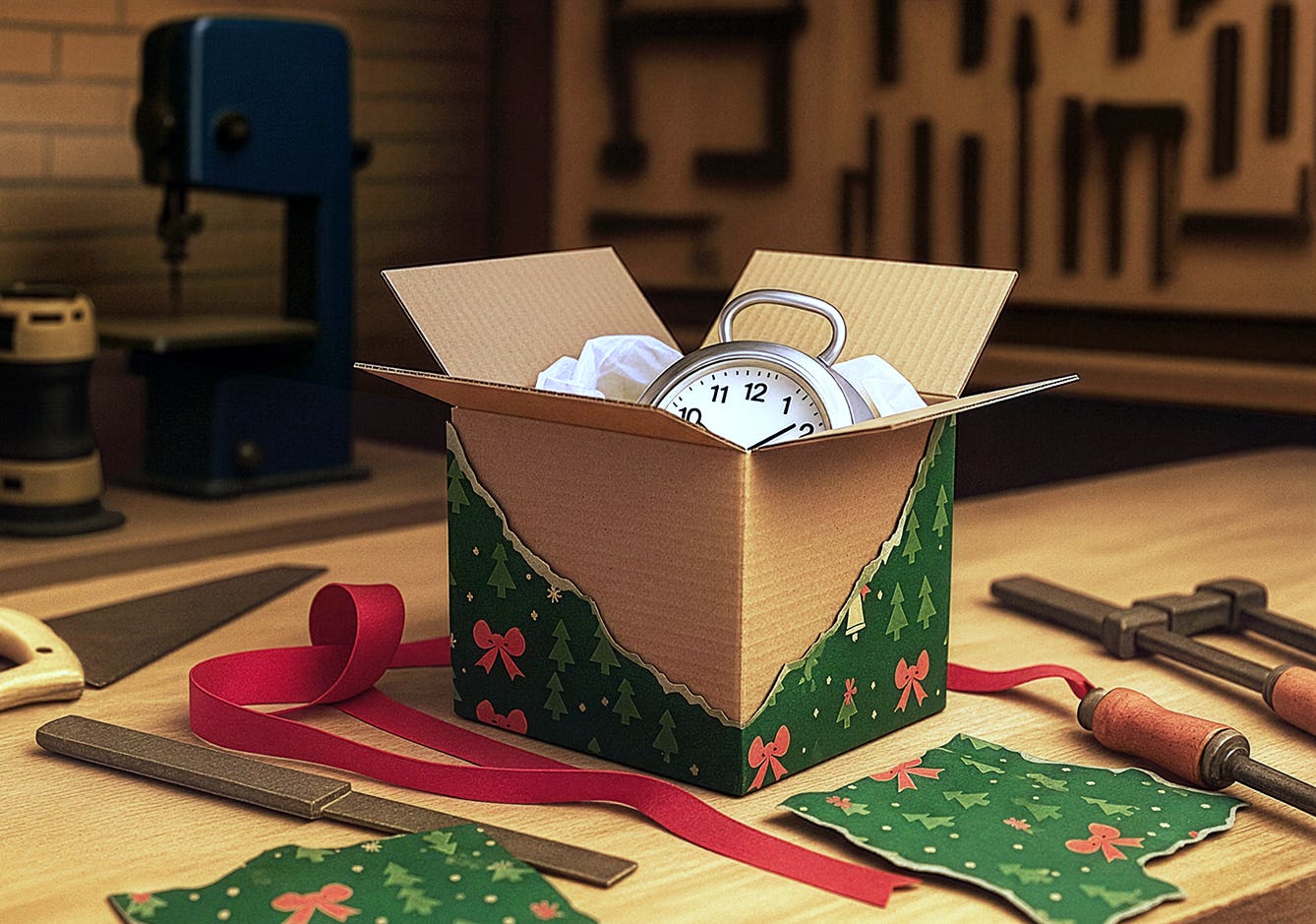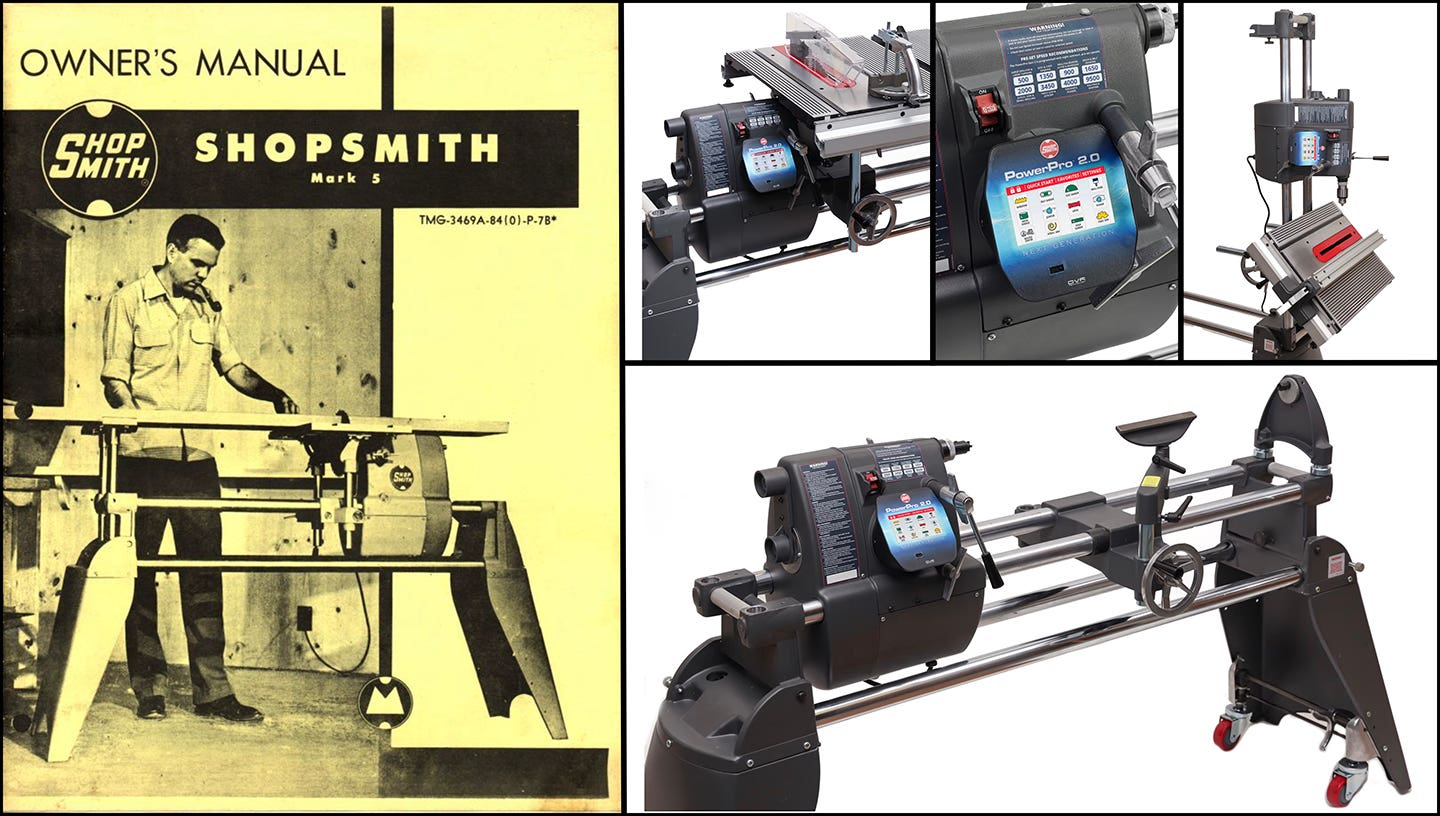Maintaining product quality
I was listening to an NPR program recently in which a woman who made ‘artisan’ jellies was asking about selling her products. The advice she was given was to remain…
I was listening to an NPR program recently in which a woman who made ‘artisan’ jellies was asking about selling her products. The advice she was given was to remain small and not attempt to mass market her products.
The reason offered for this was that large-scale production and marketing requires major compromises to the product. This holds true for woodworking products as well.
I have been down this path. I was making chessboards, one a time mostly but also in runs of 10 to 20. As long as I did not try to exceed this volume, I was able to protect the high level of quality I had committed to. But beyond that, I had to start looking at ways to cut corners in order to produce enough product in a short enough timeframe and at a price point that worked for the resellers. At one point I even considered having the boards made in Costa Rica where labor and materials were much less costly than here.
My conclusion, like that of the radio advisor, was that the product loses its integrity when taken to a mass-market formula. I'm thinking that, for the most part, this is an axiom. Mass production and artisan product integrity are mutually exclusive at least using today’s big business model.
D.D.
David DeCristoforo possesses an extensive resume as designer/maker of fine furniture, high-end cabinetry and architectural woodwork. His experience in professional woodworking spans a period of 35 years. For the past 20 years David DeCristoforo Design has been located in Woodland, California. During this time David's shop has ranged in scope from a "full on" cabinet production shop with as many as 15 employees to a small fine furniture and custom millwork shop, working with his son, David RBJ, a highly skilled maker in his own right.







